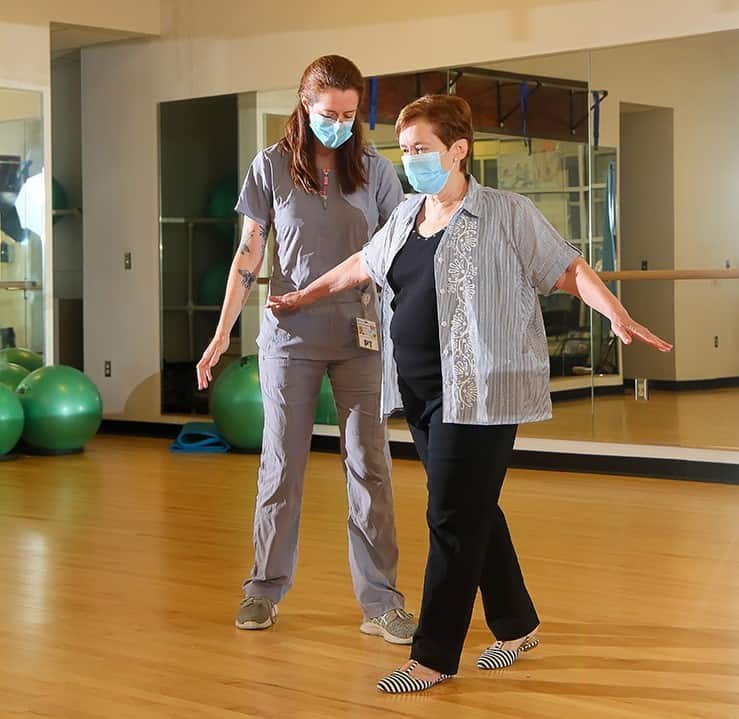A movement disorder is a medical condition that causes involuntary movements. These can be tremors, twitches, tics, or spasms. They are considered to be neurological disorders because they affect the central nervous system. Describe a movement disorder.
Symptoms involving the face, mouth, hands, arms, legs, trunk, and feet, such as twitching or tight muscles, can be seen in people affected by these disorders. You may find it embarrassing to have tremors when eating or speaking or twitching while writing. These uncontrollable and uncoordinated movements can affect your physical and mental health too, which is why you need to see a Falls Church movement disorders specialist for diagnosis and treatment.
What are some examples of movement disorders?
1. Parkinson’s Disease
It is a disease that affects the nervous system. Common symptoms include slowness of movement, rigidity or stiffness of muscles, tremors, and difficulty initiating movements. If you have Parkinson’s Disease, you are more likely to fall over because your feet drag along the ground, causing you to trip on objects nearby.
2. Tourette Syndrome
It is a neurological disorder characterized by unusual impulses and uncontrollable sounds and movements. Some of the common symptoms are repetitive throat clearing, sniffing, or snorting. These involuntary movements can cause you to lose control over your physical actions that may seem odd to other people around you.
3. Progressive Supranuclear Palsy
The degeneration of the brain cells causes this disorder. It affects your ability to move because it also causes damage to the areas that control eye movement, balance, and coordination. It is a neurological condition characterized by stiffness or twisting of muscles. This disorder may affect you when you feel the urge to move constantly or find it hard to maintain balance.
One of the symptoms of this condition is imbalance. You will feel unsteady or uneasy when you stand up after sitting down. Other symptoms are having difficulty with everyday tasks like walking, lack of coordination, and blurred vision.
4. Restless Leg Syndrome
It is also known as Willis-Ekbom disease, and it causes uncomfortable and odd sensations in your legs and an uncontrollable urge to move them, especially at night. The symptoms worsen when you are lying or sitting. You will feel this urge because these movements can temporarily relieve the pain you feel, but they will just come back again after you stop moving. This condition affects your sleep and causes symptoms like insomnia because it is hard to rest and relax.
5. Tremors
A tremor is a neurological condition that causes involuntary shaking of the head, hands, legs, and feet. Tremors are typical among people with Parkinson’s Disease or essential tremors, affecting your nervous system. Elderly adults who have these conditions may experience uncontrolled head, hands, legs, and feet. Some tremors can be mild; however, there are cases when it is severe that it affects the way you eat, talk, or write.
To summarize, movement disorders are medical conditions that cause involuntary movements. They can cause symptoms that affect the face, mouth, hands, arms, legs, trunk, and feet. Common movement disorders include Parkinson’s disease, tremors, restless leg syndrome, progressive supranuclear palsy, and Tourette syndrome.



